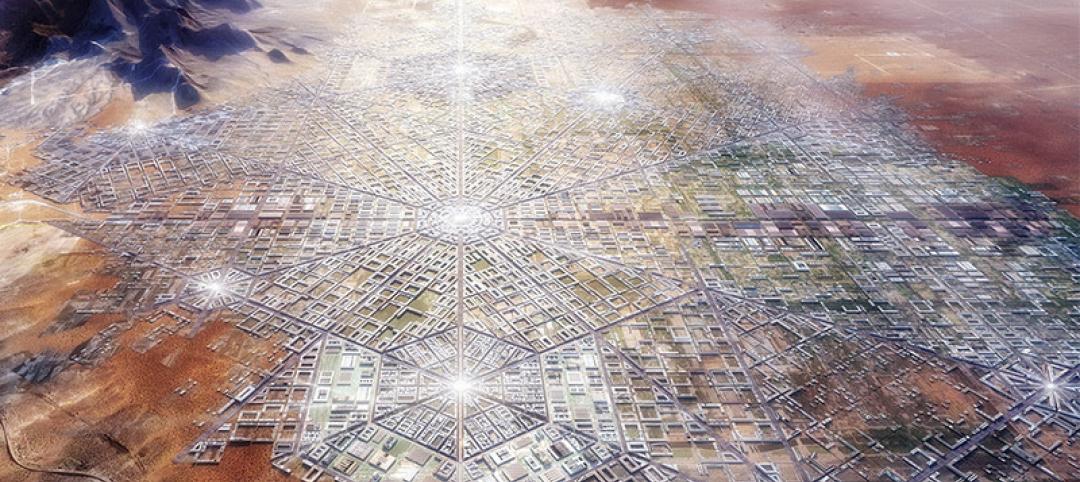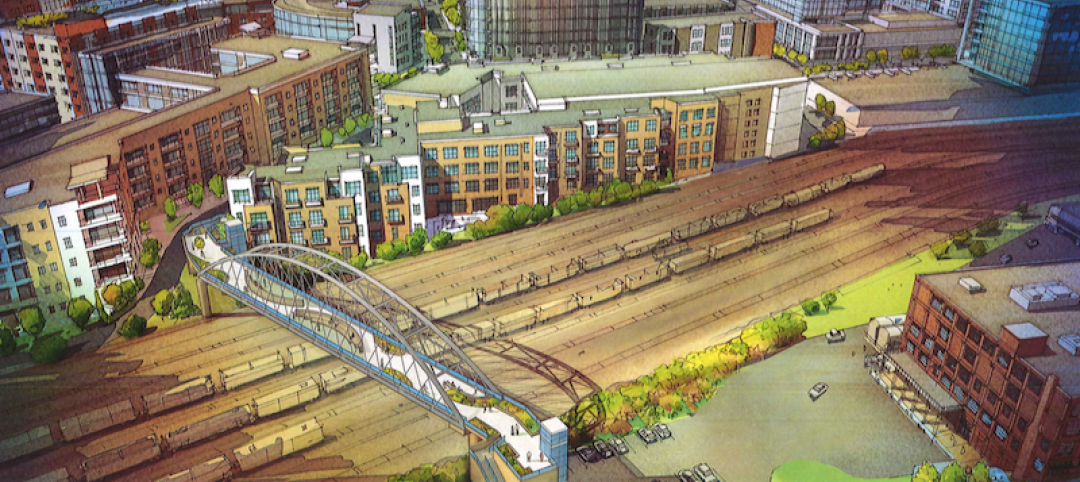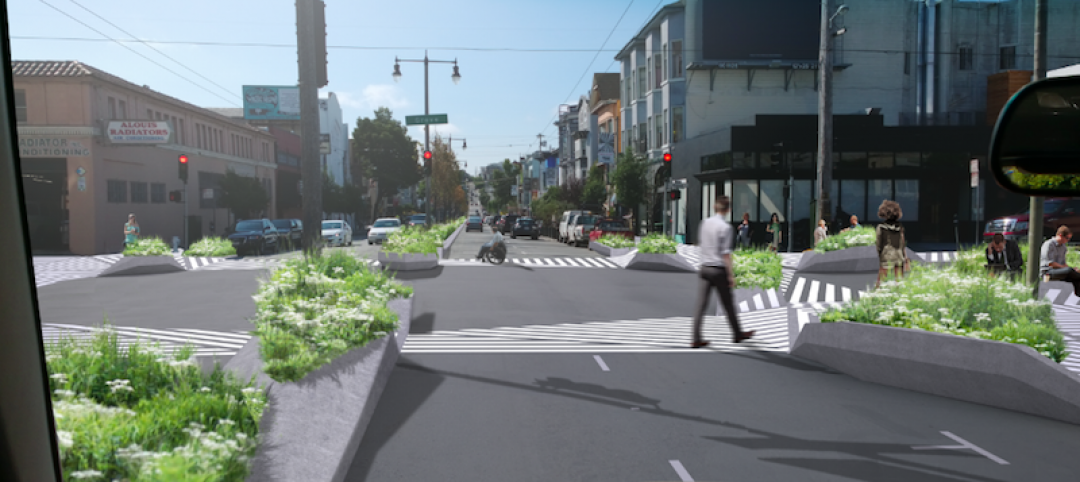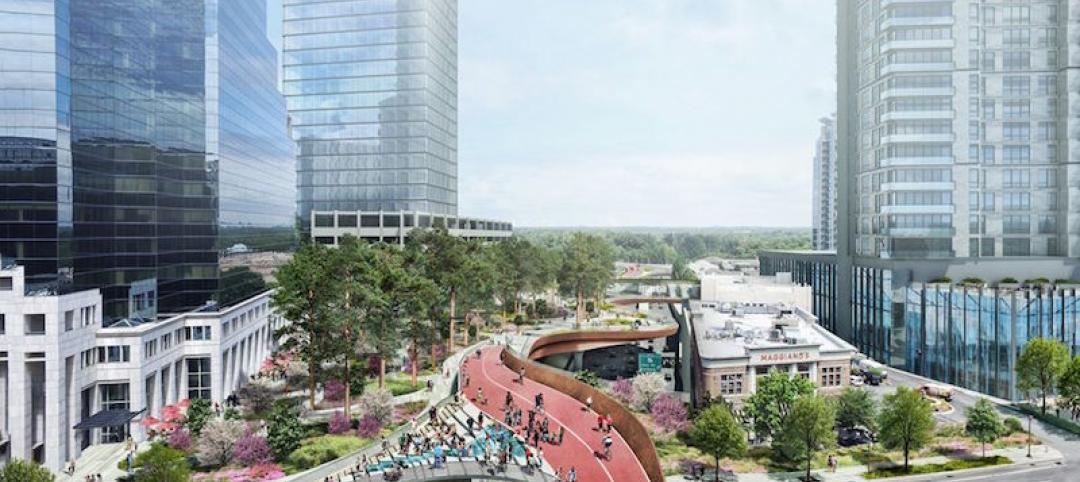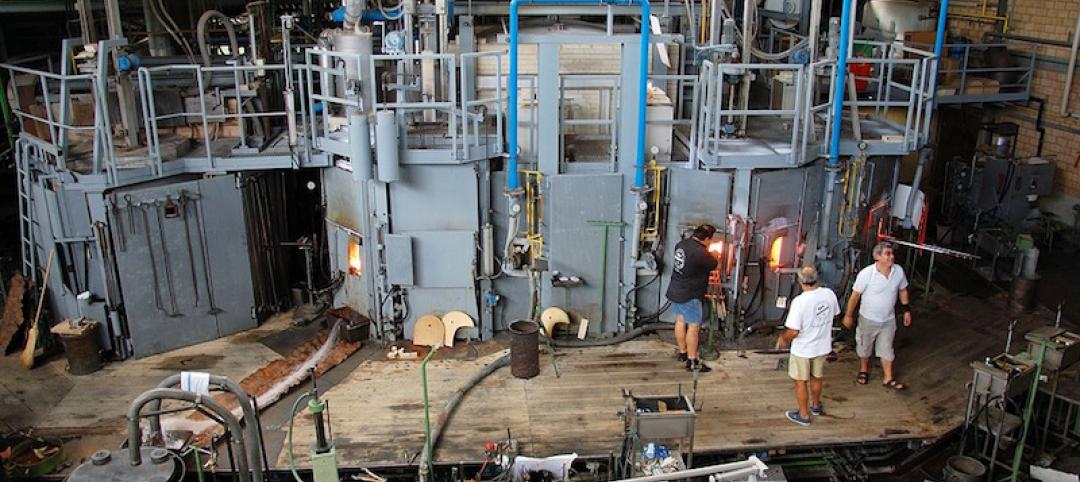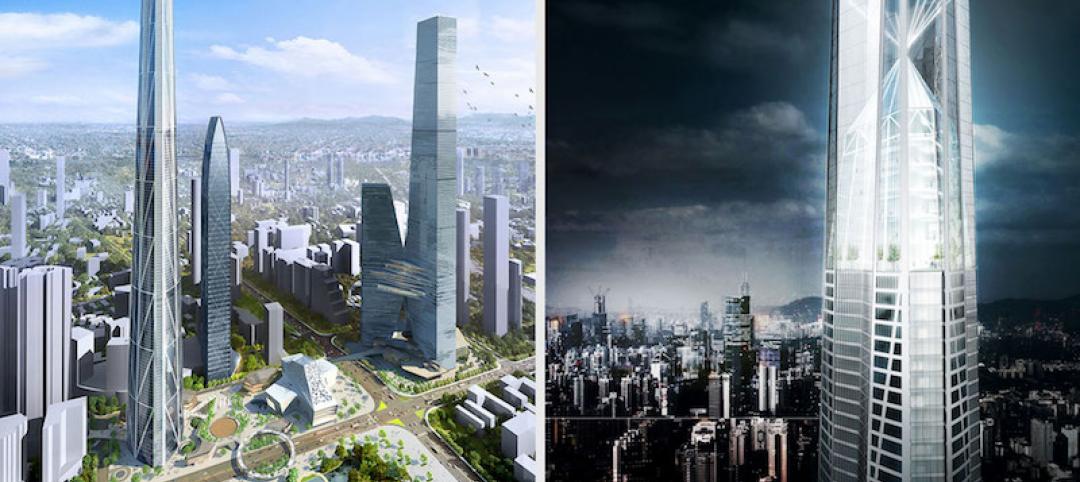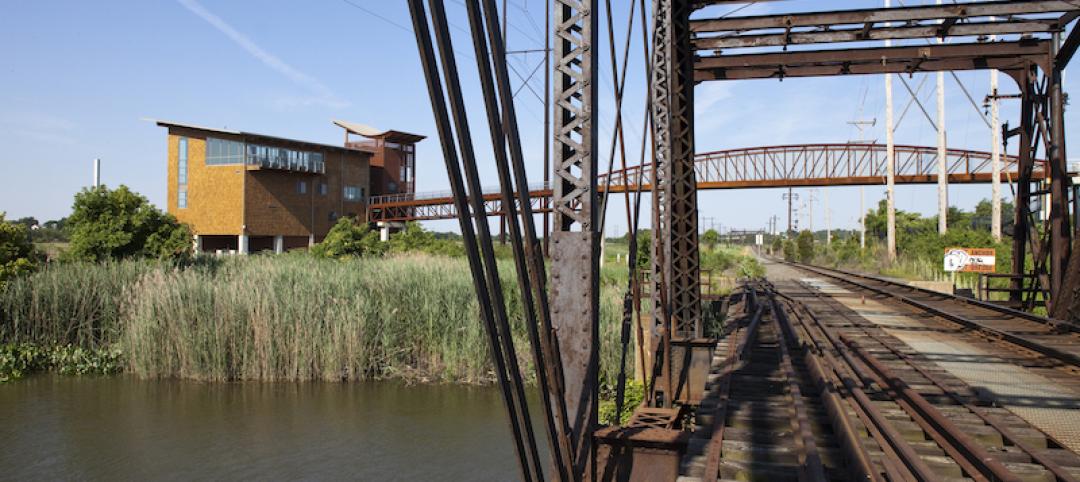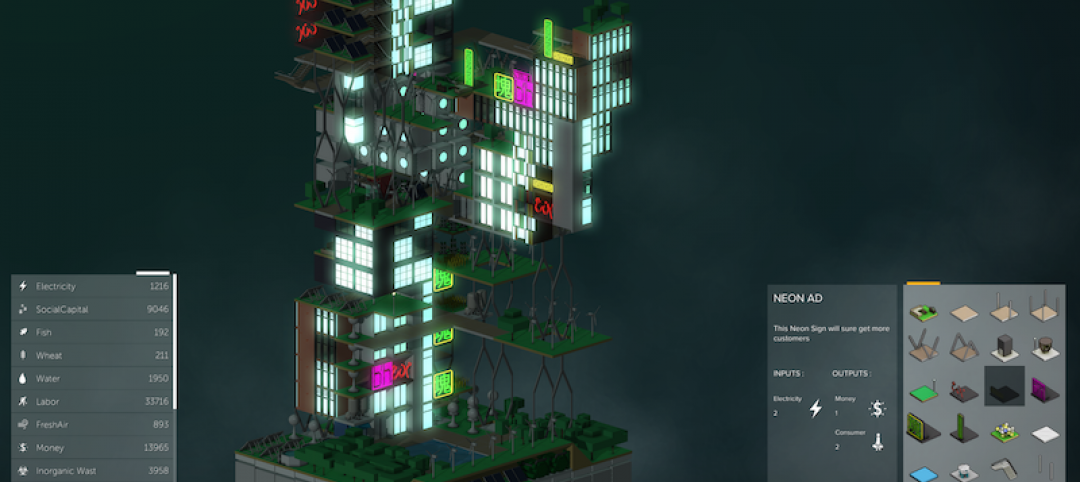Patrick Henry Village was a U.S. Army installation that first opened in 1947 in Heidelberg, Germany. Before it eventually closed, the village offered its residents housing, schools, dining facilities, a bowling alley, a movie theater, baseball fields, and public services such as a library, a dentist, and a post office. On Sept. 6, 2013, the village closed.
According to Business Insider, since the time of its closure, the former military village has seen use as a temporary shelter for North African and Middle Eastern refugees, but most of the village has remained deserted. It may not be abandoned for long, though, as Carlo Ratti Associati has plans to transform the former U.S. military village into a “progressive commune for the 21st century.”
This commune, aptly called the Patrick Henry Commune, will be centered on multiple practices of sharing, and provide enough living space for about “4,000 like-minded people.” The redesigned village will have a focus on shared, flexible spaces.
New “Co-living Blocks” will emphasize common activity space - think shared kitchens and co-working space - over private residential units. The existing housing blocks will be either refurbished, partially demolished, or connected to each other to create the spaces where this shared living can occur. In total, about 30% to 40% of the commune will be shared spaces.
Private car usage will be discouraged, and personal automobiles will be replaced with a car-sharing service and self-driving shuttles that will connect the commune with the Heidelberg city center. The lack of vehicles will free up the garages located in the village to be used as fabrication labs.
The city of Heidelberg has approved the proposal, Business Insider reports, and the 240-acre site is expected to complete its transformation within the next decade.
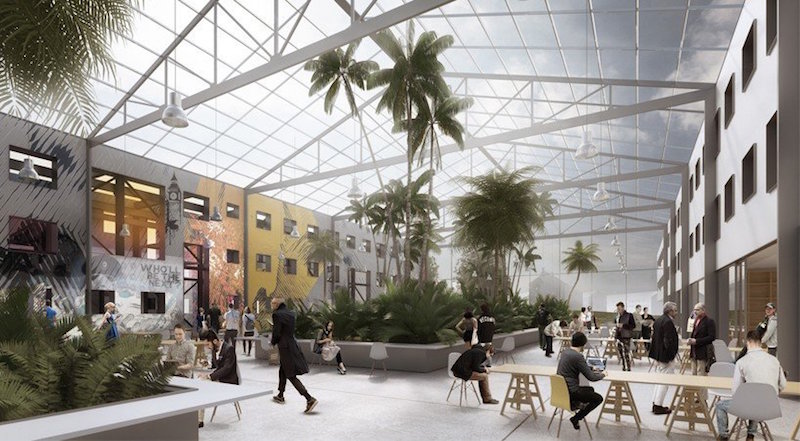 Rendering courtesy of Carlo Ratti Associati.
Rendering courtesy of Carlo Ratti Associati.
 Rendering courtesy of Carlo Ratti Associati.
Rendering courtesy of Carlo Ratti Associati.
 Rendering courtesy of Carlo Ratti Associati.
Rendering courtesy of Carlo Ratti Associati.
Related Stories
Urban Planning | Oct 14, 2016
Architecture firm proposes a ‘Border City’ between the United States and Mexico
The city would be situated around New Mexico, Texas, and Chihuahua.
Urban Planning | Oct 3, 2016
A pedestrian bridge linking two of Nashville’s highest-profile neighborhoods is making progress
The project has stalled since being proposed two years ago by former Mayor Karl Dean.
Urban Planning | Sep 20, 2016
Can redesigning crosswalks make cities safer?
A proposal from Ogrydziak Prillinger Architects redesigns San Francisco’s crosswalks to make them more park-like, changing the way cars and pedestrians interact.
Steel Buildings | Sep 15, 2016
New York’s Hudson Yards to feature 16-story staircase sculpture
The installation is designed by British architect Thomas Heatherwick and will be the centerpiece of the $200 million plaza project
Urban Planning | Sep 12, 2016
An Atlanta business group proposes a ‘floating’ park over a busy highway
The half-mile thoroughfare would connect to surrounding streets and companies.
Sustainability | Sep 7, 2016
New plans call for hundreds of thousands of British homes to be heated by factory machines
An expansion of ‘heat networks’ is viewed as a possible means for Britain to accomplish its goal of slashing carbon emissions by 2050.
High-rise Construction | Sep 7, 2016
Shenzhen Kingkey Group submits re-planning package for what could become China’s tallest tower
The high-rise, H700 Shenzhen Tower, is one of a group of towers being built in Shenzhen’s Caiwuwei financial and commercial area.
Building Team | Sep 6, 2016
Letting your resource take center stage: A guide to thoughtful site selection for interpretive centers
Thoughtful site selection is never about one factor, but rather a confluence of several components that ultimately present trade-offs for the owner.
Urban Planning | Jul 19, 2016
New game challenges players to create a utopian city block
By treating the neighborhood as a living entity, players of Block’hood take part in the creation, death, and rebirth of their own city blocks
Augmented Reality | Jul 15, 2016
Pokémon Go is helping people discover their cities
While catching them all may be the main goal, the wildly popular mobile game is also leading people to trek to unexplored corners of their cities



